Shreveport remembers Pastor Harry Blake and Little Union Baptist Church incident 60 years later
This is part one of a two-part series.
In a black-and-white photo from 1963, a tear runs down the cheek of Pastor Harry Blake as his wife, Norma, grips his hand with a concerned look. A bandage on his head covers the emergency stitches he had just received after a beating from Shreveport police.
All he had wanted was a peaceful protest for Addie Mae Collins, Cynthia Wesley, Carole Robertson and Carol Denise McNair. They were the young girls killed in the 16th Street Baptist Church bombing in Alabama by the Ku Klux Klan. What he got was a confrontation within Shreveport's own Civil Rights movement on a day that is being remembered 60 years later.
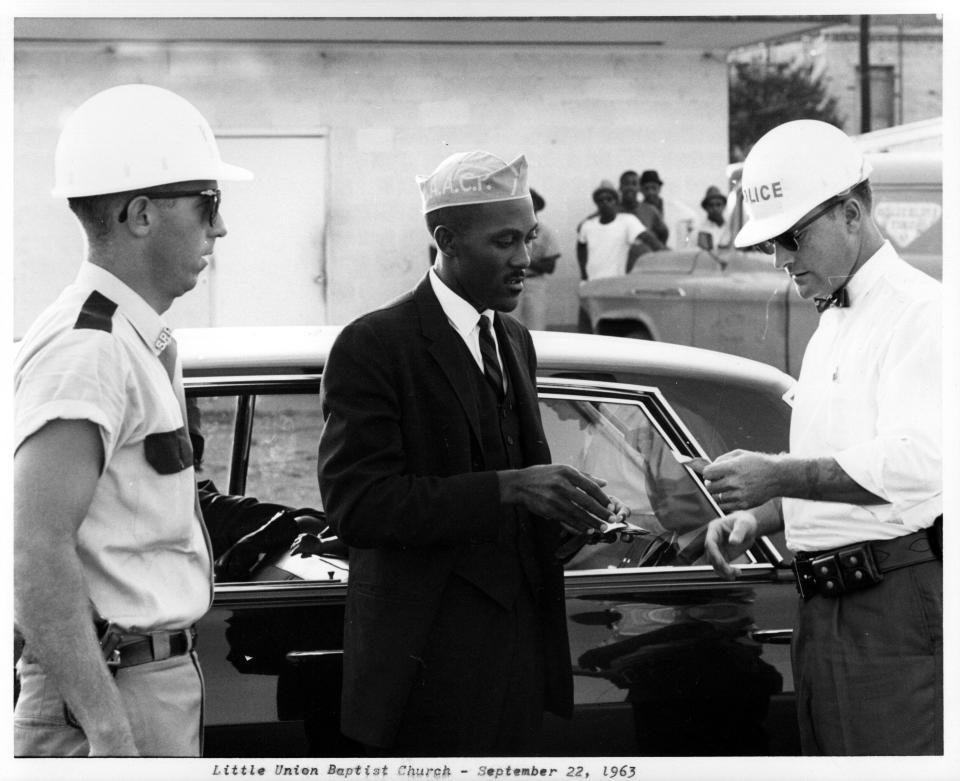
“A police officer attacked me with his iron grip and pulled me out of the church; then every officer who could get near me beat me. I was left seemingly lifeless on the ground,” Blake wrote in his book, "Plantations, Protests, Pulpits, Lessons from the Phases of My Life."
Blake was president of the NAACP at the time and had requested a permit for the march earlier in the week. It was denied with little time to cancel the event. During a memorial on Sept. 22, 1963, at Little Union Baptist Church Police Chief George W. D'Artois arrived with backup,
“I looked outside from the church vestibule and saw what seemed like hundreds of police officers stopping and questioning all the Black drivers in a manner that seemed like rough interrogation,” Blake wrote.
As Blake tried to facilitate people peacefully leaving the church, he was grabbed, beaten and left motionless on the ground.
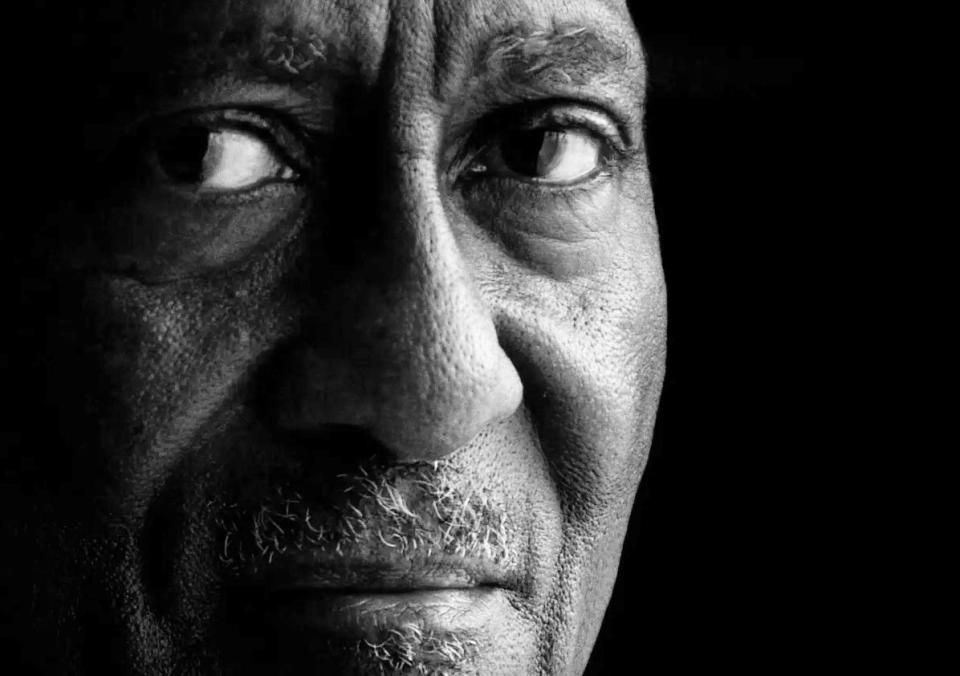
Remembering the past, reminding the future
Blake’s daughter, Monica Mickle Blake, has seen the scars left behind on the Black community by the Civil Rights Movement.
“I think all the people in the Civil Rights Movement suffer," she said. "They suffer from PTSD.”
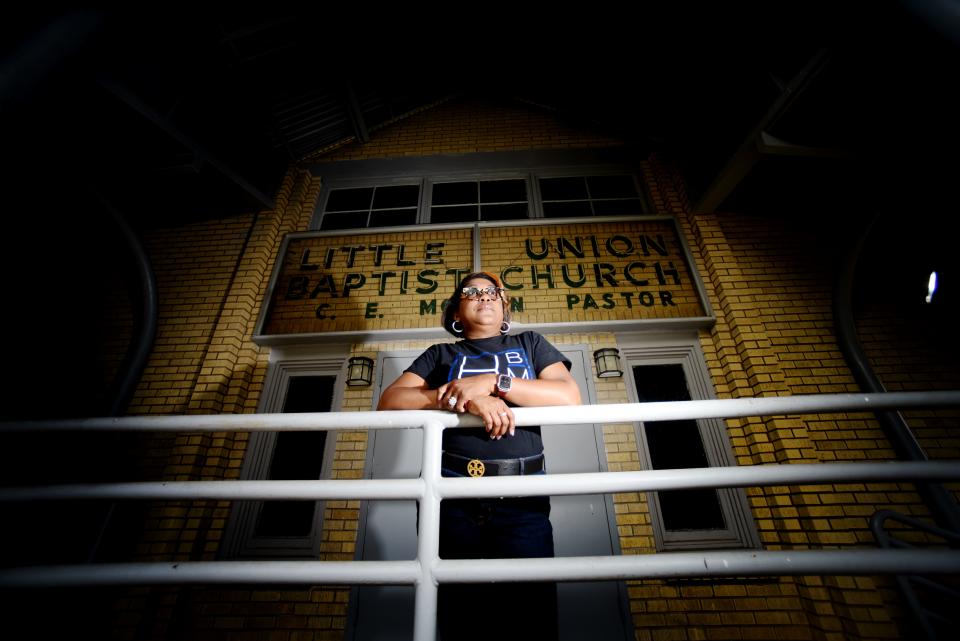
She is terrified of people forgetting, so she continues to tell her father’s story. A mission that continues, even after his death in 2020.
“If we don't continue to tell it, our kids will never know,” she said.
There are many ways to remember history, and several Shreveport residents have created their own methods to instill that history in a younger generation.
Vincent Williams will direct an updated edition of the play he helped create with David Barr, "Shreveport Rising! We've come this far by faith." Spanning several decades, the play dives into some of Shreveport’s biggest Civil Rights moments.
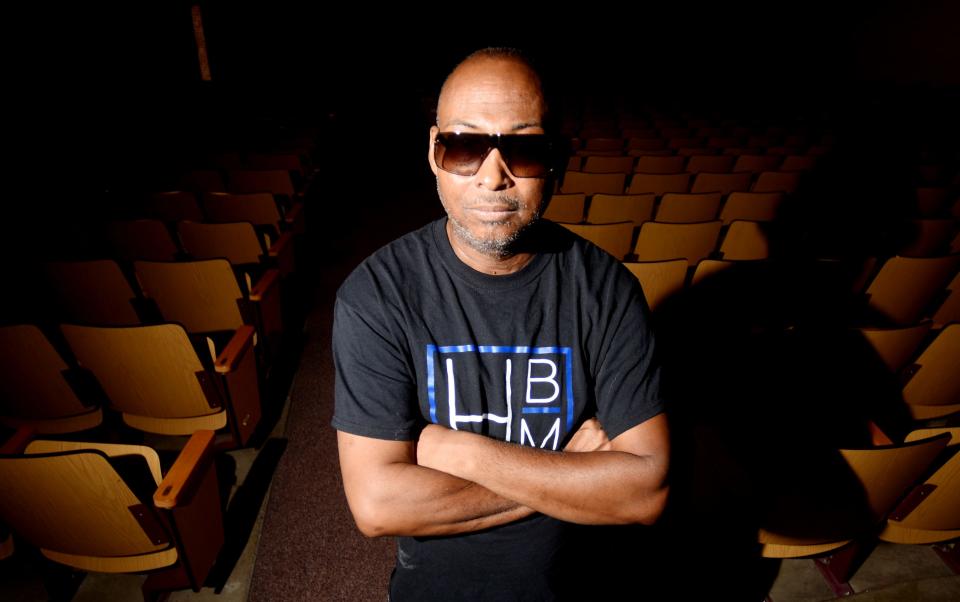
Artist KaDavien Baylor has painted Blake in two of his murals, alongside other Shreveport Civil Rights leaders, Pastor E. Edward Jones Sr. and Pastor C.C. McLain.
“Right before he passed, I was able to sit with him," Baylor said. "He talked about why it was important for people like me to uphold this history.”
Activist Breka Peoples knows she owes a lot to the people who came before her.
“They lit the torch, it’s now our job to carry it,” she said.
In 2020, she helped lead many of the Black Lives Matter marches in downtown Shreveport. The police were there, but this time there were no conflicts. All the marches were peaceful. However, Peoples notes that does not negate the need to march.
“We are still in the same fight that our ancestors were in,” she said.
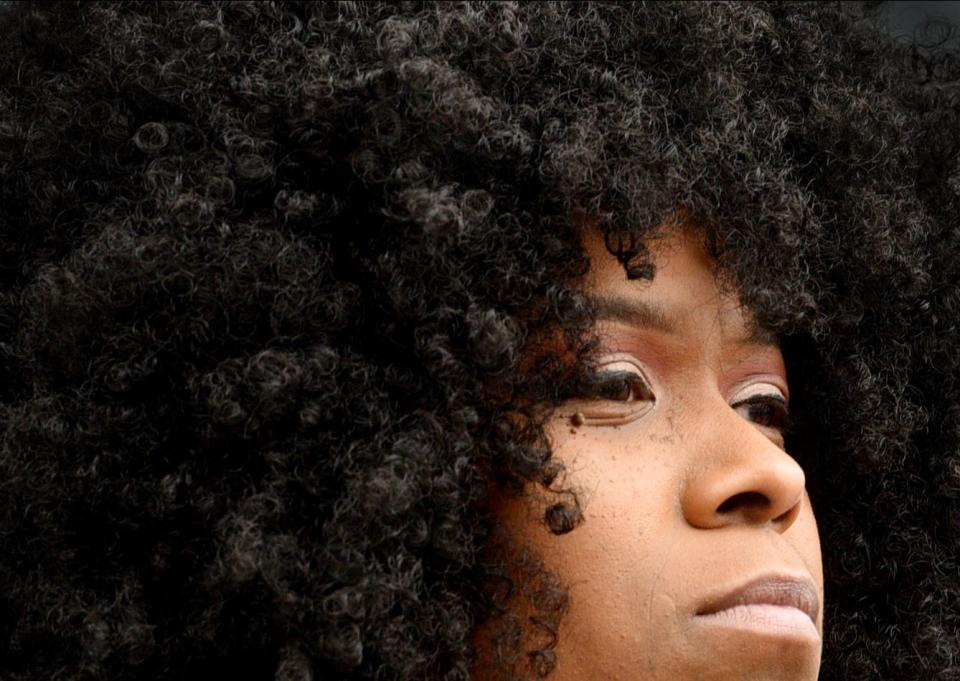
People’s not only has her own "boots on the ground" but empowers today's youth to find their own voices with The People's Promise Youth Division. There they help lead the efforts for justice through volunteerism, education and legislative action.
“Our youth are able to identify the systemic problems we are having today, and they will be the change we are looking for,” she said.
Back in 1963, it was the youth who stood up for Blake. They organized a march of their own, the next day, starting at Booker T. Washington High School and ending at Little Union. But that, too, would be met with violence and another day, Sept. 23, 1963, would also be remembered 60 years later.
Community events for the 60th anniversary
7:30 p.m. Thursday, Sept. 21 – Performance of the stage play ‘Shreveport Rising, We’ve Come This Far by Faith" at BTW Auditorium. Tickets are $20 on Eventbrite.
1 p.m. Friday, Sept. 22 – "Finish the March" from BTW to Little Union Baptist Church.
Noon Saturday, Sept. 23 - "Final March" from BTW to Milam Street.
10:45 a.m. Sunday, Sept. 24 – Worship Services at St. Mary Baptist Church.
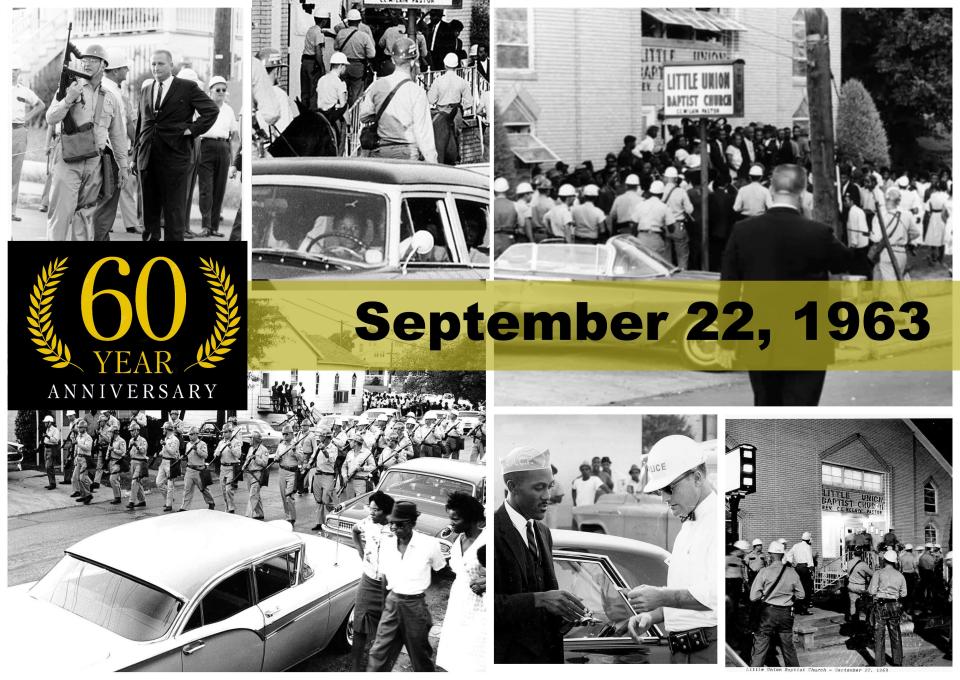
This article originally appeared on Shreveport Times: Shreveport remembers Civil Rights fight 60 years later

